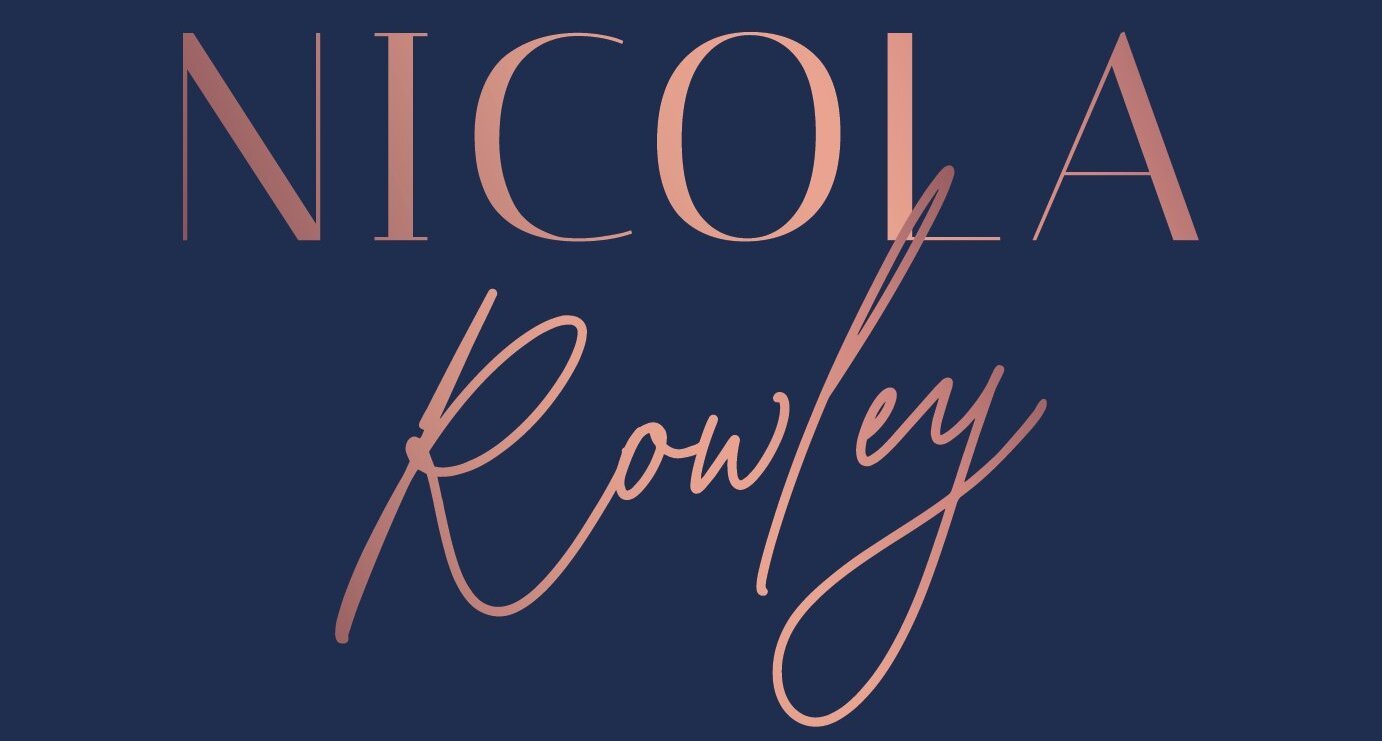What Journalists Are Looking For And How You Can Help Them...
Journalists get inundated with emails - some of them receive up to 800 a day, so if you really want to stand out from everyone else you need to think what would make them stop scrolling and click on yours. A catchy subject line is always a great starting point.
Then, instead of waffling about who you are and what you do - try and think about what they’re looking for. When I trained as a Journalist we were always told to write a story with the key components of Who, What, When, Why and to offer How further down if it was relevant.
This is what you need to offer them in a pitch. Let then know in one sentence, who you are, what you do, if there is a time relevance for your story (the when), why you’re getting in touch and how you might be able to help them, if it’s not already obvious.
The thing is Journalists and Editors need content. All of the time. But they need content that resonates with their audience/readers and they want anything that’s well written or well thought out.
The beauty, of course, about writing your own pieces is that you’re in control of what you say and it’s much easier to weave your key messaging throughout it.
But if you’re putting yourself forward for consideration to be a case study, make sure you have thought about how well you fit the request. Don’t just email in on the off-chance as there will often be strict criteria that the Journalists are looking for.
Always attach an image of yourself and make sure you have said your name, age, where in the world you’re from and if you have your story written up, then add that or a short biography to the bottom of the email.
And don’t get disheartened if no one comes back to you straight away. I have contacts in the media that I’ve known for years, and it can take them some time to respond to me. If someone is writing to a deadline, they have to prioritise that before they even start to look at their emails.
In fairness though, if you are responding to a Journalist request and they’re interested in knowing more about you, chances are you will hear from them quite quickly.
Sometimes they will come back to you to say they would like to keep your details on file. Don’t just leave it there but respond with a thanks so much for responding and yes, I’d love to hear from you at a time that works best for you type email. Again, keep it brief and to the point. No one needs to know your life story and you definitely don’t need to pitch to them again.
The most important thing though is to try to start thinking like a Journalist. What will make their lives easier? If you already have everything together, it will mean you’re able to be more pro-active to any requests straight away.
And if someone from BBC Breakfast gets in touch, don’t make excuses as to why you can’t be on the sofa the following morning. Find a way to make it work; even if you have to take your child to Salford so you can juggle the childcare. Opportunities like this come up rarely, and producers keep a log of who is reliable and able to come onto their various programmes at short notice. And trust me, you really want to try to get onto that list. Because, guess who will be called on again further down the line to appear for a debate or another item that’s relevant to what you do?
All of these opportunities help to cement you as the go to expert in your field so make the most of them.
Next week, I’ll provide you with key things you should be doing when it comes to making the most of any PR wins, rather than just getting something published, saying hooray on your social media channels and then nothing else.
PS If you’re wondering how to get started with PR or how you should write your story, I have just four spots left for my 90-minute PR Strategy Sessions in July. It means I’ll deep-dive into your business and will then write your story for you. If this sounds like something you’re after send me an email nicola@njrpr.com and let’s get you started on your own PR journey… x

